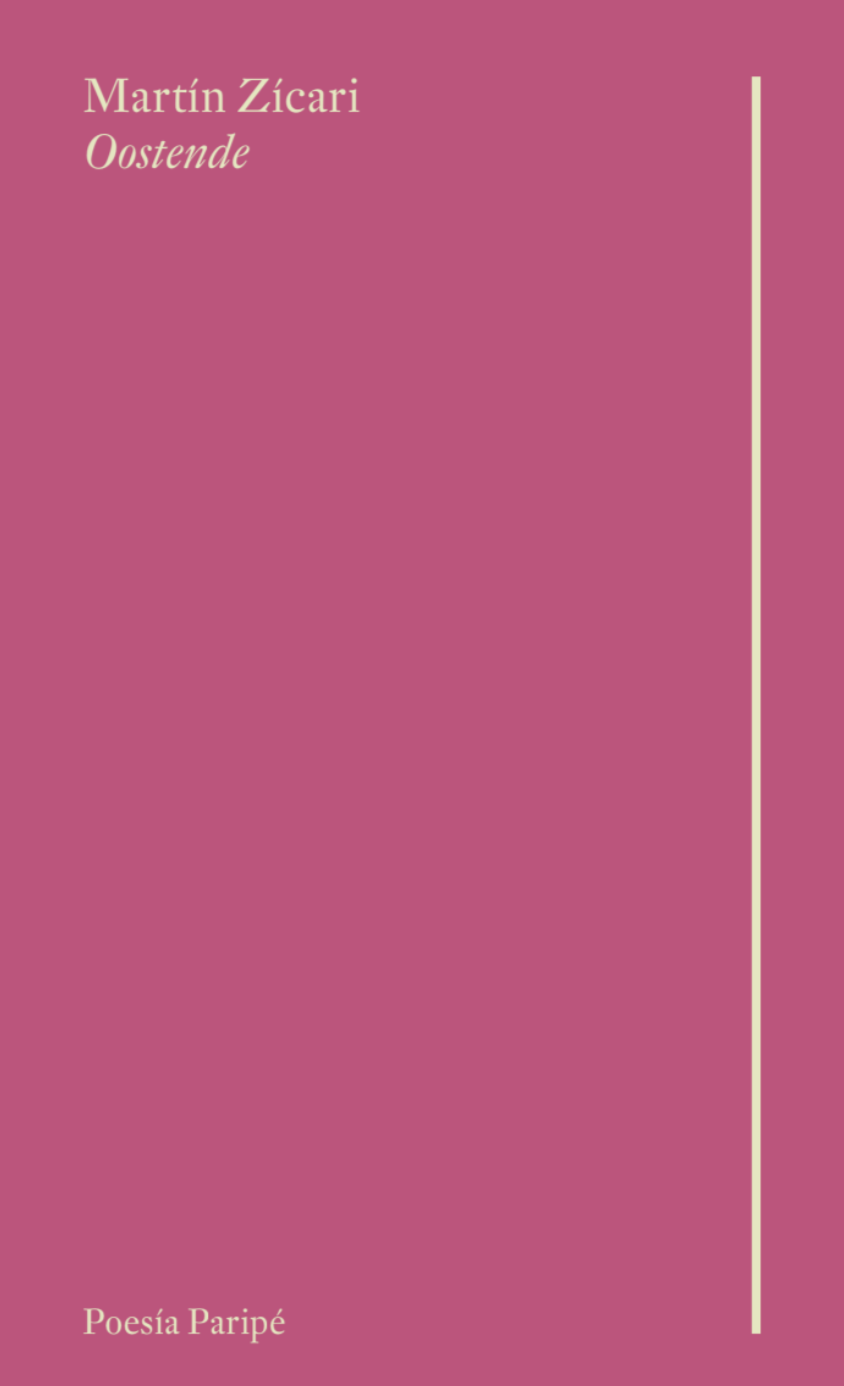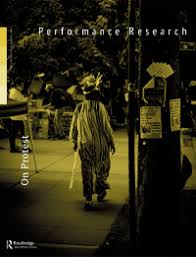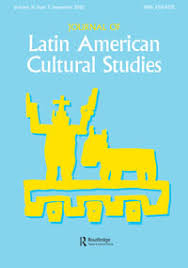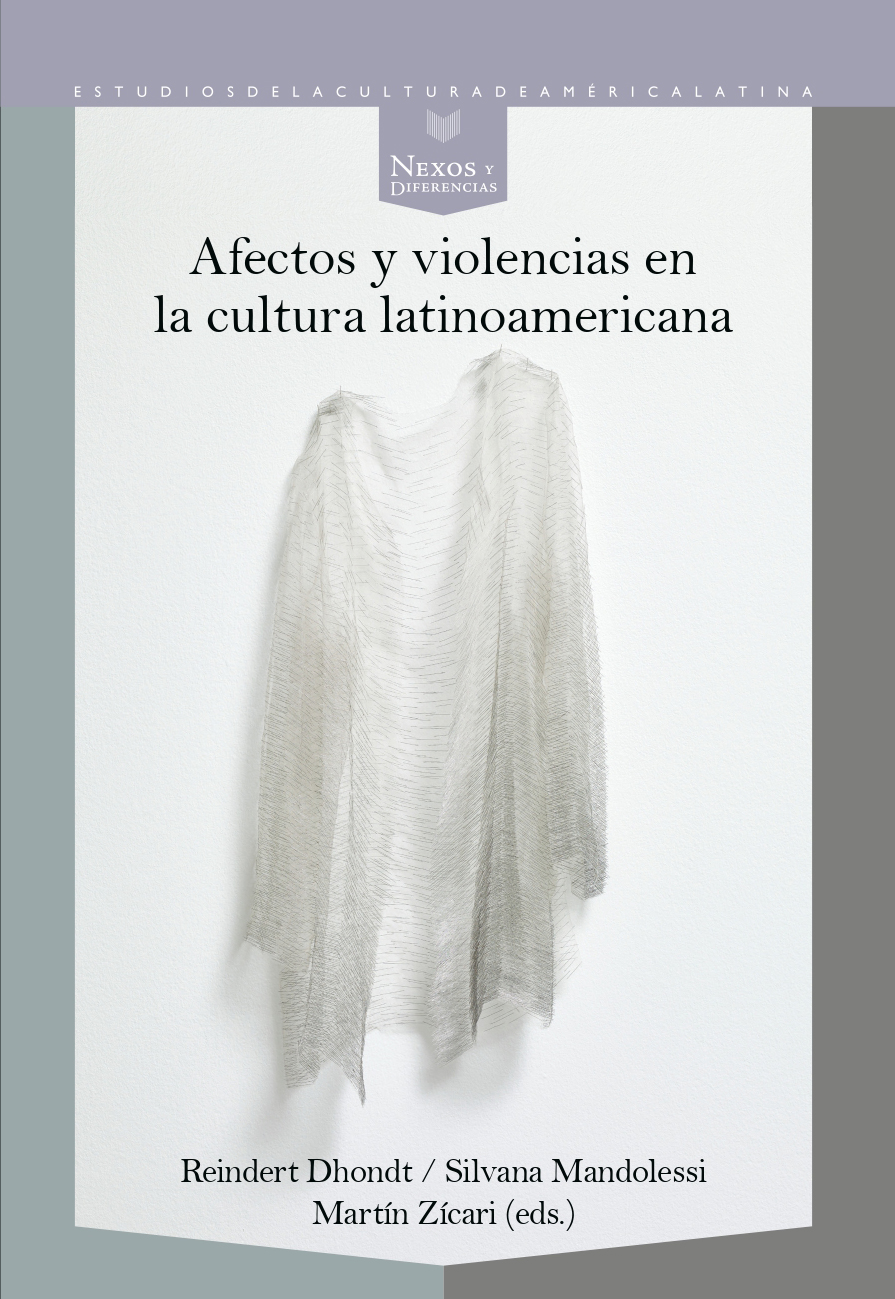Beyond the List. Ecologies of Mourning and Resistance to Fortress Europe’s Border Violence in Slow Technology Reader (ed. Carolyn F. Strauss)
2025 / Valiz, Amsterdam. Co-authored with Aïsta Bah, Pacôme Béru, Thierno Dia, Mamadou Taslim Diallo, Henriette Essami-Khaullot, Faïza Hirach, Fran Kourouma, Pierre Marchand, Milady Renoir, Christel Stalpaert, Alberto Isifin Tchama, Halidou Wuandaougo and Arkadi Zaides
This text takes the form of a reflection as a hyphen between institutions, disciplines, and experts, referencing ideas, actions, and gestures considered by numerous companions involved in mourning, honoring the dignity of those who have died or disappeared during their migrations.
2025 / Valiz, Amsterdam. Co-authored with Aïsta Bah, Pacôme Béru, Thierno Dia, Mamadou Taslim Diallo, Henriette Essami-Khaullot, Faïza Hirach, Fran Kourouma, Pierre Marchand, Milady Renoir, Christel Stalpaert, Alberto Isifin Tchama, Halidou Wuandaougo and Arkadi Zaides
This text takes the form of a reflection as a hyphen between institutions, disciplines, and experts, referencing ideas, actions, and gestures considered by numerous companions involved in mourning, honoring the dignity of those who have died or disappeared during their migrations.

Oostende
2024 / paripė books, Madrid, Buenos Aires
Poetry collection
2024 / paripė books, Madrid, Buenos Aires
Poetry collection
Oostende is a book about displacement and the sometimes-overwhelming internal monologue we live with. In between poetry, diary and novel, the book reflects on Zicari’s life in Buenos Aires and Belgium, as he navigates work fragility, friendship, sex and love, migration and the fiction laying behind everyday actions and life changing decisions.
Zícari's portrayal of his private life is far from the domain of the concrete, instead he ventures into the uncontrollable production of fantasies that sustain his inner discourse. It is around this dichotomy between the real and the imaginary, the tension between the experienced and the illusion, that Martín Zícari builds a book sustained in orality and proximity.
Zícari's portrayal of his private life is far from the domain of the concrete, instead he ventures into the uncontrollable production of fantasies that sustain his inner discourse. It is around this dichotomy between the real and the imaginary, the tension between the experienced and the illusion, that Martín Zícari builds a book sustained in orality and proximity.

Digital Contention in Latin America. Material and affective infrastructures to address online activism as performance
2023 / On Protest, Performance Research
Research article
In this article I focus on the ways
contemporary theorizations in performance studies
have dealt specifically with digital activism in
their models of interpretation: from the pervasive
optimism of the late 1990s and early 2000s, passing
through the renovated discussion brought up by
the intense cycle of online contention in 2011,
mainly through engaging with Gerbaudo’s Tweets
and the Streets (2012), to get to recent work by
Fuentes (Performance Constellation, 2019) and
Vlavo (Performing Digital Activism, 2017), which
represent a new take on online activism. This
body of work, among other contributions, shows
how the field has maintained a performative lens
when addressing online political participation.
2023 / On Protest, Performance Research
Research article
In this article I focus on the ways
contemporary theorizations in performance studies
have dealt specifically with digital activism in
their models of interpretation: from the pervasive
optimism of the late 1990s and early 2000s, passing
through the renovated discussion brought up by
the intense cycle of online contention in 2011,
mainly through engaging with Gerbaudo’s Tweets
and the Streets (2012), to get to recent work by
Fuentes (Performance Constellation, 2019) and
Vlavo (Performing Digital Activism, 2017), which
represent a new take on online activism. This
body of work, among other contributions, shows
how the field has maintained a performative lens
when addressing online political participation.

Affective Arrangements and Violence in Latin America
Reindert Dhondt, Silvana Mandolessi, Martín Zícari (eds.).
2023 / Special Issue, Journal of Latin American Cultural Studies
Editor
Reindert Dhondt, Silvana Mandolessi, Martín Zícari (eds.).
2023 / Special Issue, Journal of Latin American Cultural Studies
Editor
The issue explores the ways in which social practices and aesthetic objects mobilize affective dispositions and politics, focusing specifically on the Latin American region. The articles analyze the interplay of multiple bodies - both individual and social, human and non-human, natural and cultural, textual and visual - and examine how affects are mobilized in a variety of ways and through different media. By examining the mobilization of affects as relational, social, and situated dynamics, the authors aim to shed light on the particular situatedness of Latin America.
The articles in this issue focus on how specific aesthetic modes, such as melodrama or detachment, trigger affective intensities between the work of art and the reader/viewer, and how these affects can subsequently enhance critical thought and transformative political agency. Agency is not seen as an intentional or rational capacity, but rather as a force that is distributed across multiple bodies and can be disseminated in different degrees.

Afectos y violencias en la cultura latinoamericana.
Reindert Dhondt, Silvana Mandolessi, Martín Zícari (eds.).
2023 / Iberoamericana/Vervuert
Editor
Este volumen presenta un análisis de la relación entre violencia y afecto en la cultura latinoamericana. Desde una perspectiva interdisciplinaria, las contribuciones que lo integran abordan un amplio espectro de producciones culturales, incluyendo literatura, cine, fotografías, instalaciones y performances. El volumen ofrece un panorama de la trayectoria y el impacto del giro afectivo en la región, interrogando la especificidad que adquiere la teoría afectiva en América Latina, al tiempo que explora las mutaciones del concepto de violencia en el panorama contemporáneo. El potencial político de los afectos feos, la efectividad afectiva de las obras de arte para movilizar al espectador, la exploración de posiciones afectivas incómodas o el afecto como forma desterritorializada en el cine contemporáneo son algunas de las intersecciones entre afectos y violencias que el libro indaga.
Reindert Dhondt, Silvana Mandolessi, Martín Zícari (eds.).
2023 / Iberoamericana/Vervuert
Editor
Este volumen presenta un análisis de la relación entre violencia y afecto en la cultura latinoamericana. Desde una perspectiva interdisciplinaria, las contribuciones que lo integran abordan un amplio espectro de producciones culturales, incluyendo literatura, cine, fotografías, instalaciones y performances. El volumen ofrece un panorama de la trayectoria y el impacto del giro afectivo en la región, interrogando la especificidad que adquiere la teoría afectiva en América Latina, al tiempo que explora las mutaciones del concepto de violencia en el panorama contemporáneo. El potencial político de los afectos feos, la efectividad afectiva de las obras de arte para movilizar al espectador, la exploración de posiciones afectivas incómodas o el afecto como forma desterritorializada en el cine contemporáneo son algunas de las intersecciones entre afectos y violencias que el libro indaga.
